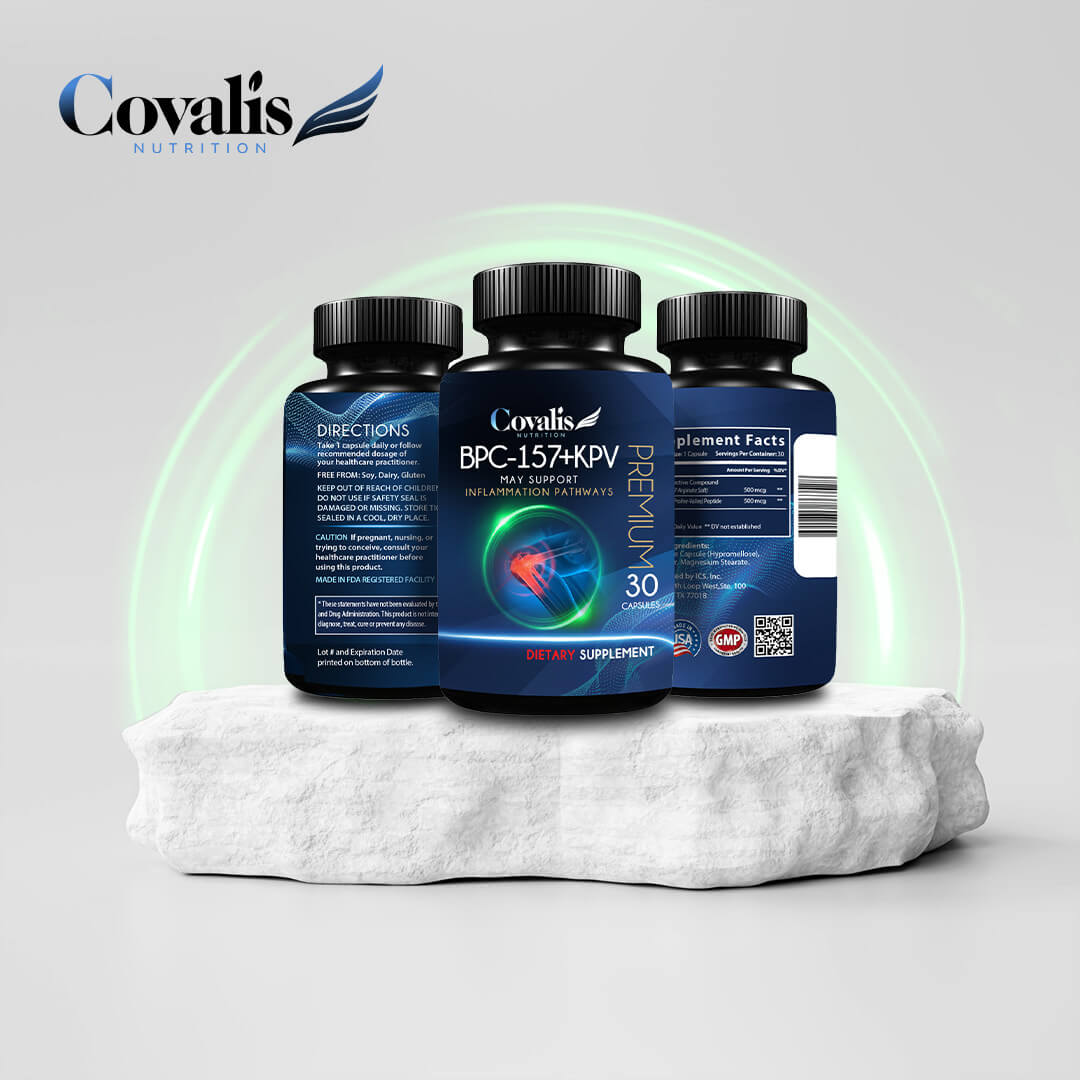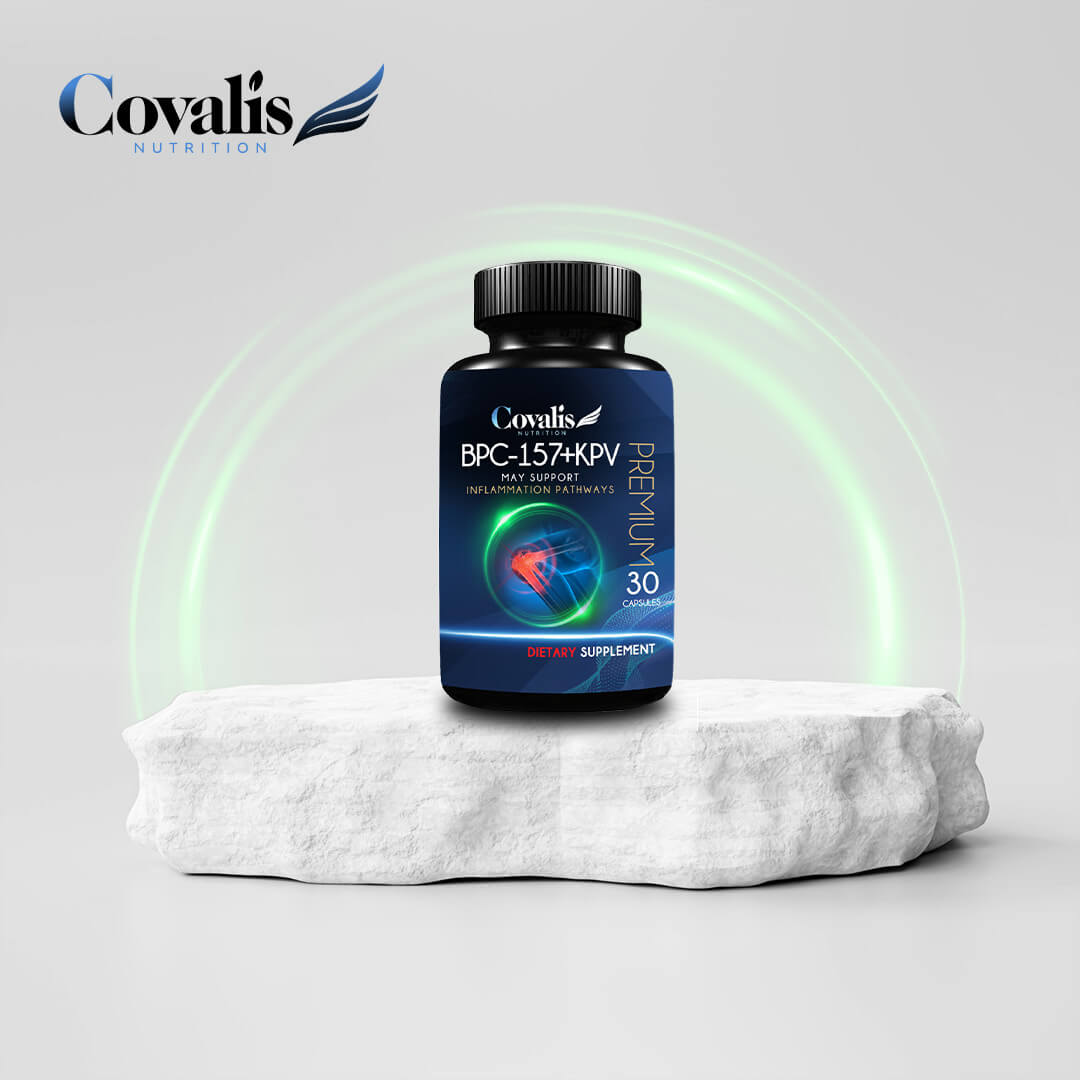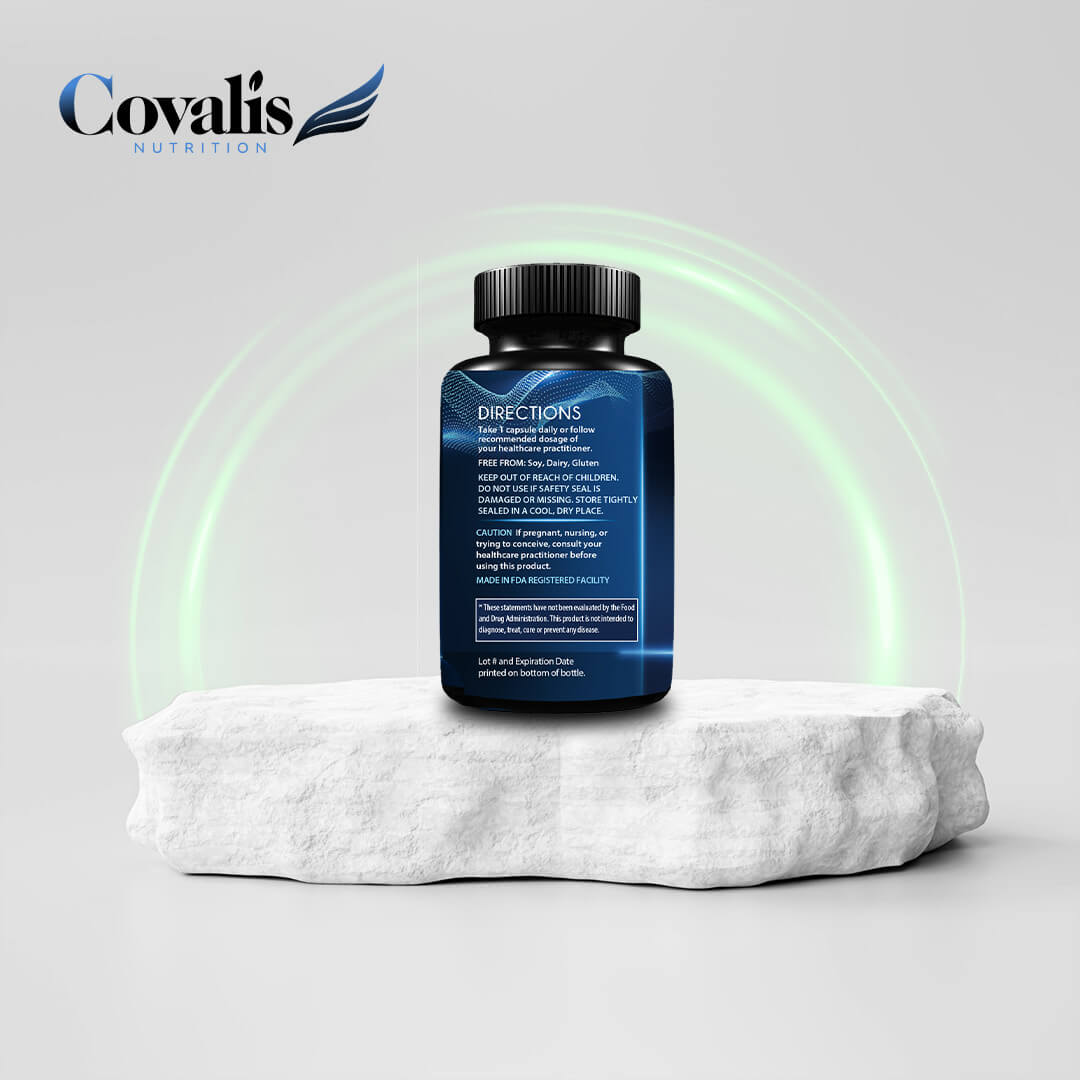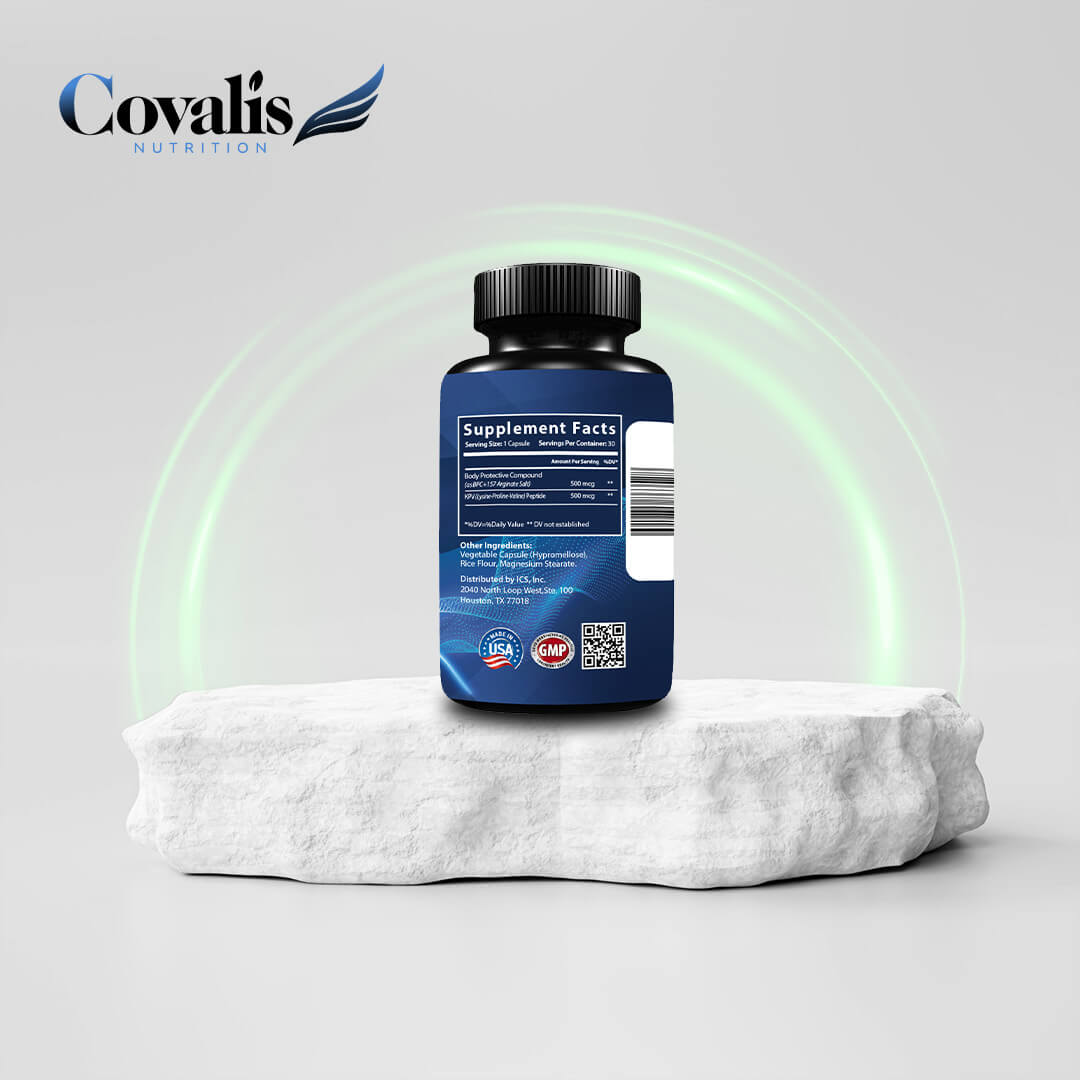BPC-157 + KPV Peptide
BPC-157 + KPV Peptide
Experience the cutting edge of peptide research with our premium blend of BPC-157 and KPV. These highly studied compounds are known for their potential to support recovery, promote joint and tissue wellness, and help maintain a balanced, active lifestyle. BPC-157 is a synthetic peptide inspired by natural processes in the body, while KPV is a well-researched fragment of a peptide hormone linked to immune and inflammation support.
Couldn't load pickup availability




Peptides are the latest development in Functional and Regenerative medicine, but what are peptides? A peptide is a chain of specific amino acids aligned in a certain sequence that may create beneficial results inside the human body.
When combined, BPC-157 and KPV create a synergy that can potentially aid in healing, strengthening, and restoring injuries as well as overall wellness. Ask your doctor if peptides may benefit you.
BPC-157 is a synthetic peptide that is derived from gastric juices and is often used for its potential healing capabilities.
Benefits may include:
- Anti-Inflammatory
- Accelerated Wound Healing
- Ligament and Tendon Repair
- Gastrointestinal Repair
- Musculoskeletal Regeneration
KPV is a peptide made of Lysine, Proline, and Valine with many benefits, but mainly as a possible anti-inflammatory, reducing inflammation both locally and systemically.
Benefits may include:
- Pain relief
- Chronic pain management
- Increased mobility
- Faster injury recovery
- Faster wound healing
KPV Peptide: KPV is a tripeptide fragment of alpha-melanocyte-stimulating hormone (α-MSH), composed of lysine-proline-valine. While α-MSH is known for its broad immunomodulatory and anti-inflammatory effects, KPV has been identified as its active component, retaining the anti-inflammatory properties without affecting melanin production.
These mechanisms may contribute to KPV’s potential in immune modulation and regenerative medicine, with research highlighting the following key functions:
- Reduction of inflammatory cytokine expression, thereby helping to regulate immune responses.
- Enhances epithelial barrier integrity, supporting wound healing and soft tissue recovery.
- Modulation of immune activity, balancing inflammation without suppressing immune function.




